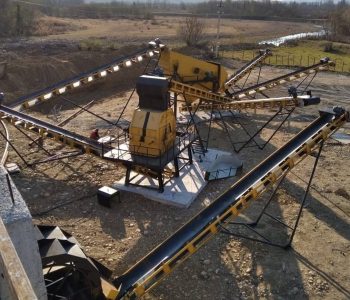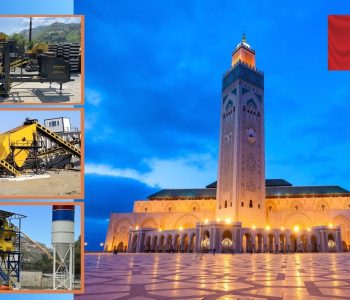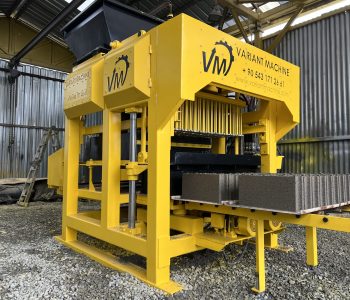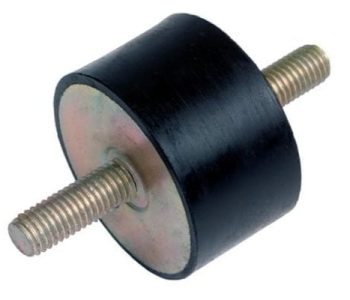Discovering Accra: A Vibrant Capital City
Introduction
Accra, the bustling capital of Ghana, is a city where the past and present harmoniously blend. Situated on the Gulf of Guinea, this vibrant metropolis is not only Ghana’s largest city but also its political, economic, and cultural heart. With a rich history, dynamic cultural scene, and growing infrastructure sector, Accra is a city on the rise.
A Brief History of Accra
The history of Accra dates back to the 15th century, when it was a collection of fishing villages under various local chiefs. The name “Accra” is believed to have been derived from the Akan word “nkran,” which means “ants,” referring to the numerous ant hills found in the area.
The city began to grow significantly during the colonial period when it became an important center for trade. The British established a fort in the area, and by the late 19th century, Accra was officially designated as the capital of the Gold Coast, which later became Ghana after gaining independence in 1957. Since then, Accra has evolved from a colonial trading post into a modern city with a vibrant economy and diverse cultural landscape.
Recent News from Accra
Accra has been making headlines recently with a series of developments and initiatives. The city is witnessing rapid urbanization, with numerous infrastructure projects aimed at modernizing its transport network and public facilities. For instance, the government has launched several initiatives to improve road conditions and enhance the public transportation system.
Additionally, Accra has been focusing on sustainability and environmental issues. The city has implemented waste management programs and is exploring green building practices to reduce its carbon footprint.
The Growing Construction Sector in Accra
One of the most noticeable changes in Accra is the boom in its construction sector. As the city expands, the demand for residential, commercial, and infrastructural development has surged. New buildings are rising, old structures are being renovated, and entire neighborhoods are undergoing transformation.
Key projects include the development of new residential complexes, commercial centers, and infrastructure such as roads and bridges. This boom has led to a surge in demand for construction machinery and technology to support these projects.
Common Construction Machines in Accra
- Concrete Block Machines
Concrete block machines are essential for the construction of walls, pavements, and various other structures. These machines come in different models, including:
- Automatic Block Machines: These machines automate the entire block production process, including mixing, molding, and curing. They are highly efficient and suitable for large-scale production.
- Semi-Automatic Block Machines: These machines require manual intervention at certain stages but still offer a significant increase in productivity compared to manual methods.
Popular block models include hollow blocks, solid blocks, and interlocking blocks, each serving specific construction needs.
- Concrete Batching Plants
Concrete batching plants are critical for mixing concrete in large quantities. They come in two main types:
- Stationary Batching Plants: These are fixed installations that are ideal for large-scale construction projects. They offer high capacity and consistency in concrete production.
- Mobile Batching Plants: Designed for flexibility and portability, mobile plants can be relocated easily and are suitable for projects that require a changing site or smaller quantities of concrete.
- Crushers
Crushers are vital for processing and recycling construction materials. They come in two main types:
- Mobile Crushers: These crushers are mounted on tracks or wheels and can be moved easily from one site to another. They are ideal for operations where mobility and flexibility are required.
- Stationary Crushers: Fixed in one location, these crushers are used for larger, more permanent operations. They are capable of handling high volumes of material.
Common types of crushers include:
- Jaw Crushers: These crushers use compressive force to break down materials. They are commonly used for primary crushing and can handle a variety of materials.
- Cone Crushers: Known for their ability to produce a finer product, cone crushers use a rotating cone to crush materials. They are often used in secondary and tertiary crushing stages.
- Impact Crushers: These crushers use impact force to break materials and are suitable for producing high-quality aggregates.
Conclusion
Accra’s transformation into a modern metropolis is a testament to its dynamic growth and resilience. The city’s construction sector is at the forefront of this change, driving progress with cutting-edge technology and machinery. As Accra continues to develop and expand, it not only reflects the broader trends of urbanization and modernization but also sets an example for other cities in the region. With a robust construction industry supporting its growth, Accra is well-positioned to embrace its future and continue its journey as a vibrant and influential city on the global stage.



